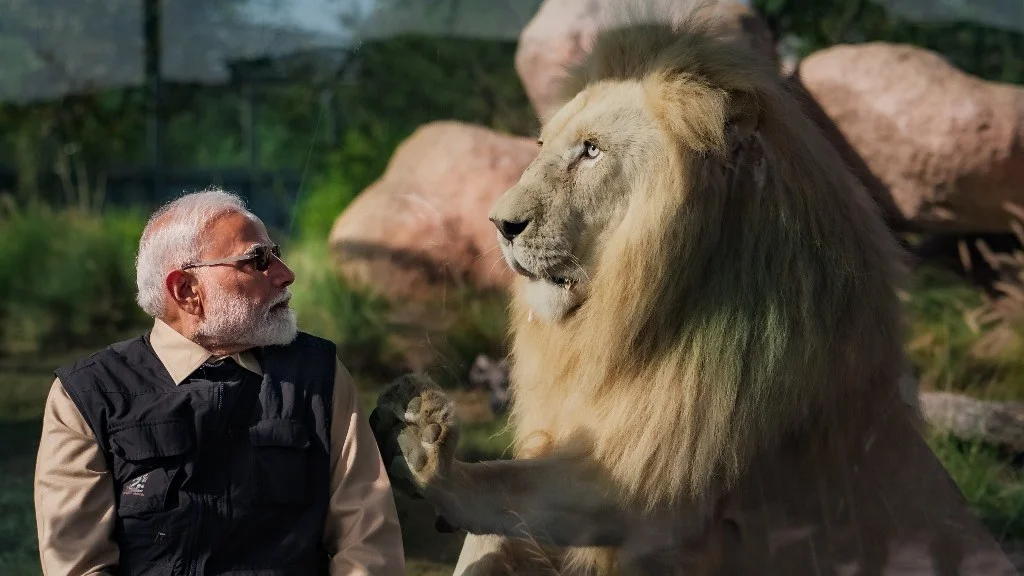
Unveiling The Controversial Wildlife Sanctuary Of The Ambani Family
In the lush landscapes of Gujarat, India, a massive wildlife sanctuary has been emerging, stirring both awe and controversy. The Vantara complex, owned by the Ambani family, is touted to be the largest private collection of animals on Earth. Yet, questions loom surrounding its legitimacy and ethics.
Spanning an astounding 3,500 acres, the sanctuary is not just a refuge for animals but a manifestation of grandeur, housing over 10,000 creatures, including tigers, elephants, and even a Komodo dragon. Following its inauguration by Indian Prime Minister Narendra Modi, the Ambani family's wealth and influence seem to intertwine with wildlife conservation, raising eyebrows among conservationists and animal rights activists.

However, the sanctuary's acclaimed mission comes under scrutiny as investigations in Germany and Austria reveal alarming facts. Reports suggest that Vantara acquired approximately 39,000 animals—significantly more than even London's renowned zoo. Among these are species listed under international protection, igniting concerns about potential links to illegal wildlife trafficking.
“The sheer scale of the operation raises questions about the capacity to provide appropriate care,” express German conservationists. They spotlight the ambiguous nature of the sanctuary's animal procurement methods, particularly in light of alleged activities tied to countries notorious for illegal wildlife trade.
Vantara, defended by the Ambani family, claims that their establishment adheres strictly to ethical norms, collaborating with authorities to combat wildlife trafficking. "To suggest that our work fosters illegal wildlife trade is a gross misrepresentation," a representative stated confidently. But critics argue that transparency is lacking, with access to the sanctuary often limited to influencers rather than independent researchers.

As the controversy unfolds, it raises pertinent questions: What does wildlife conservation mean in the hands of the wealthy? Can a balance between luxury and ethical responsibility truly be achieved? With the Ambani family's undisputed influence in India, many local activists remain reluctant to voice their dissent.
This captivating narrative of the Ambani's wildlife sanctuary not only reflects the complexities surrounding animal conservation today but also challenges us to consider who holds the power in addressing these global issues. What are your thoughts on private wildlife sanctuaries? We invite you to share your opinions and engage in the discussion!